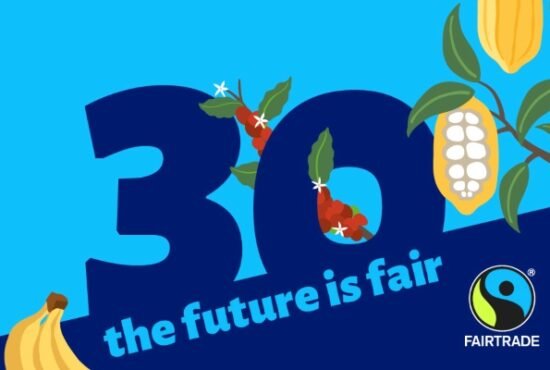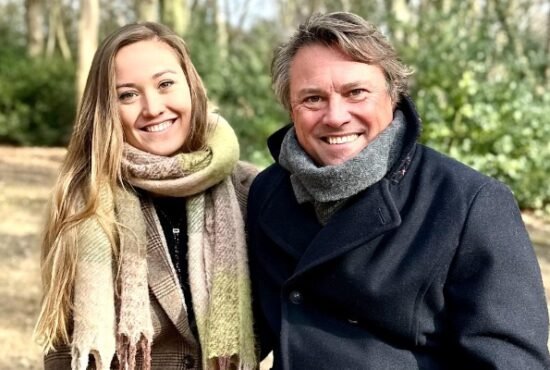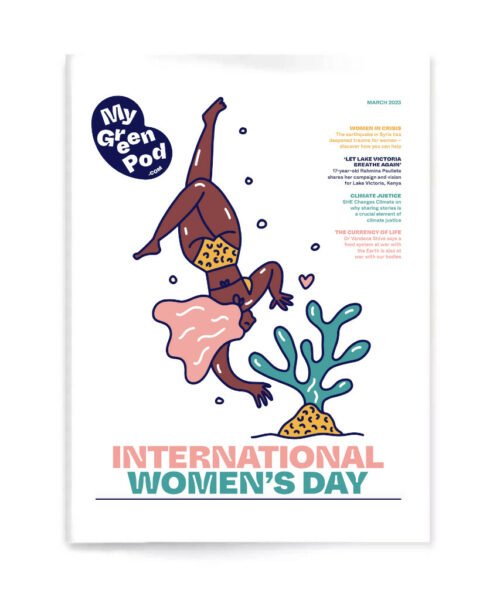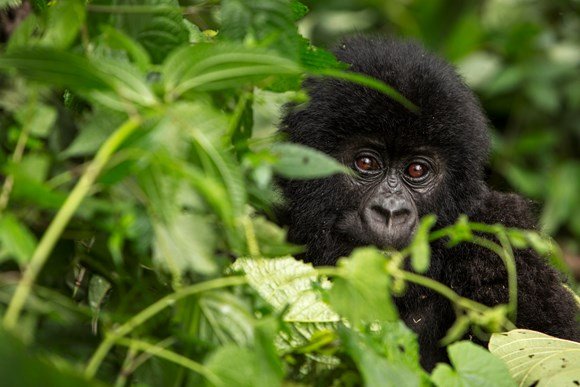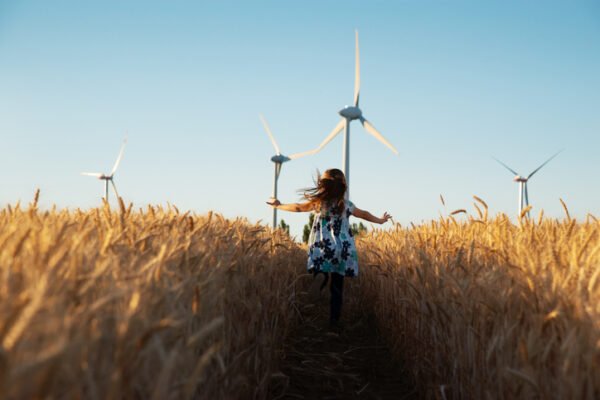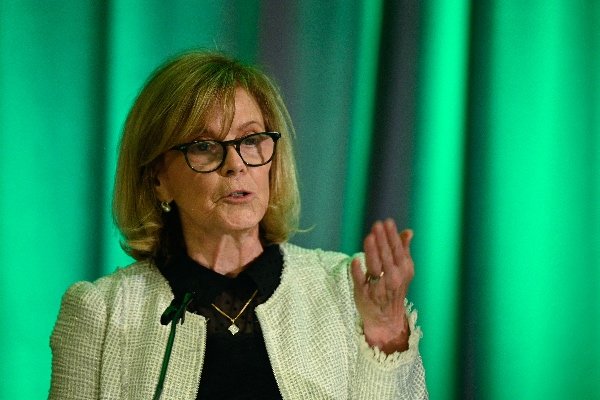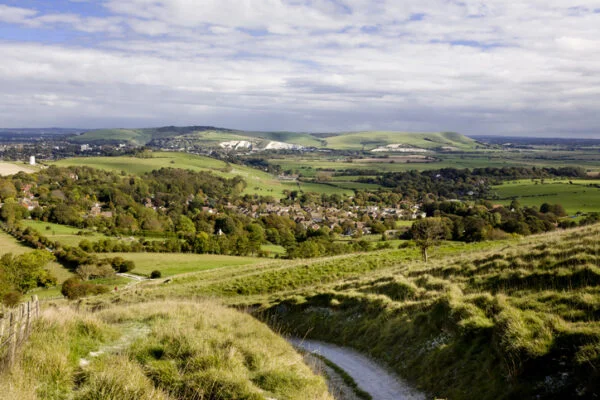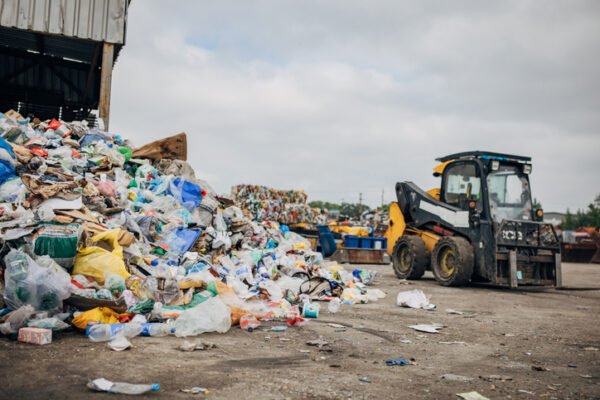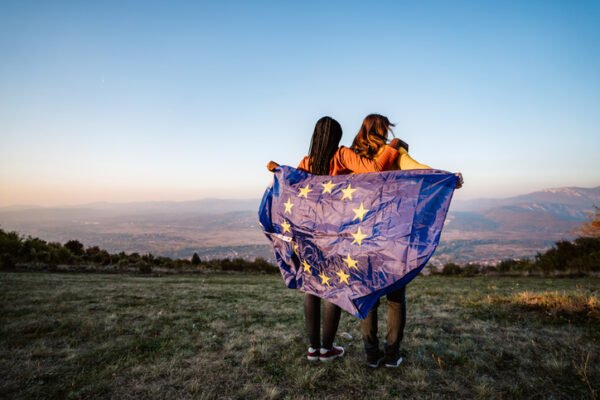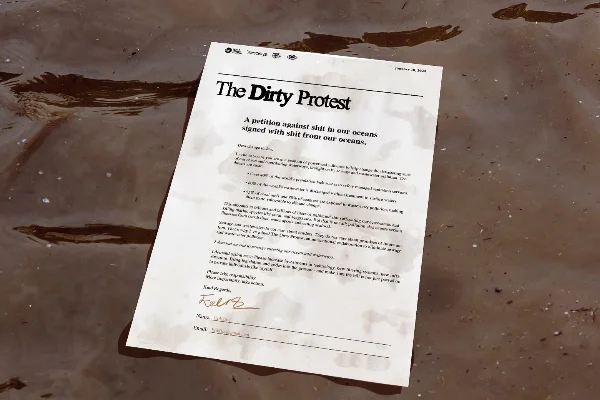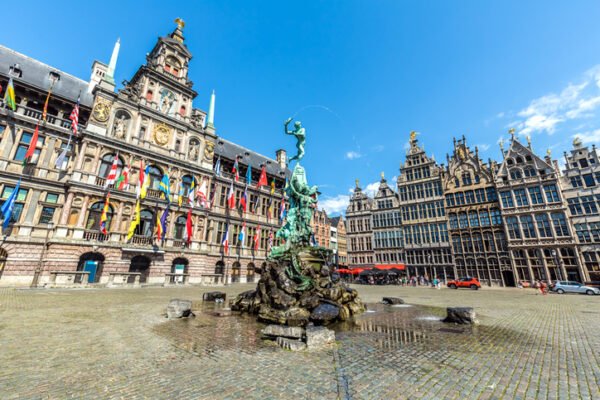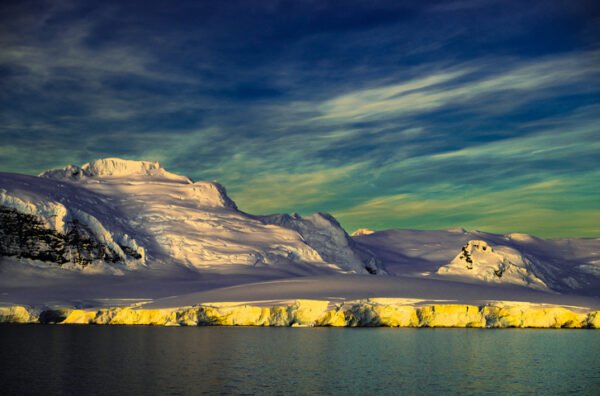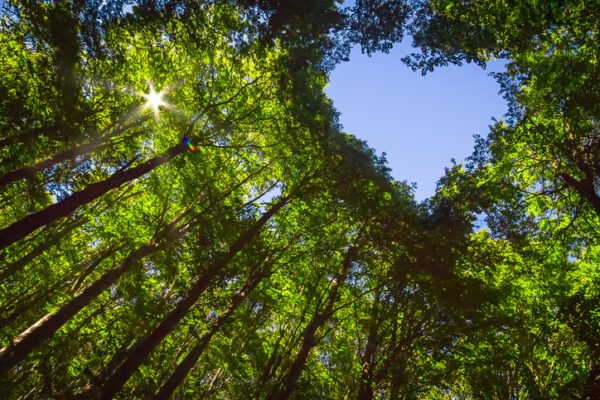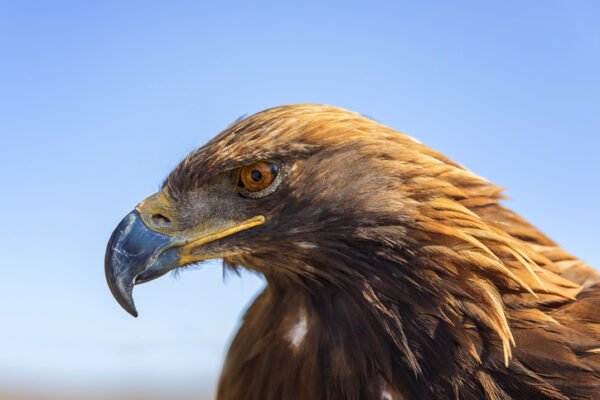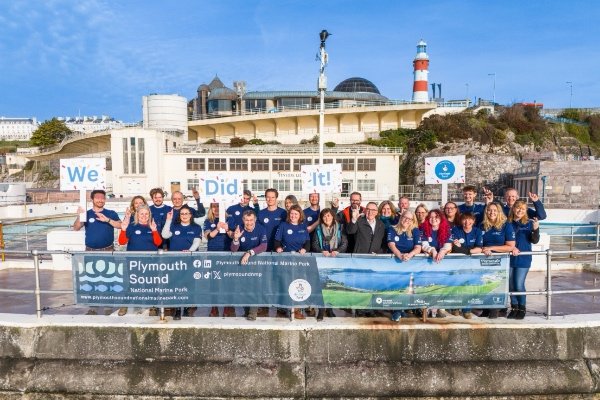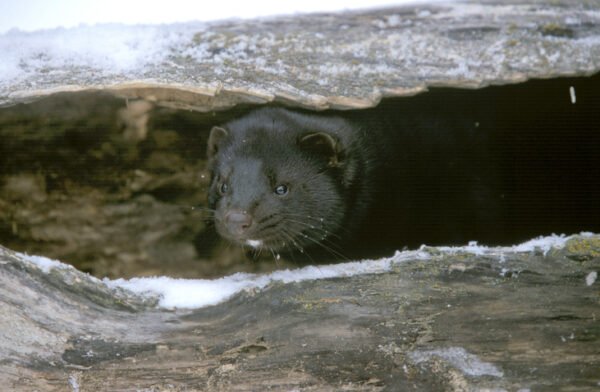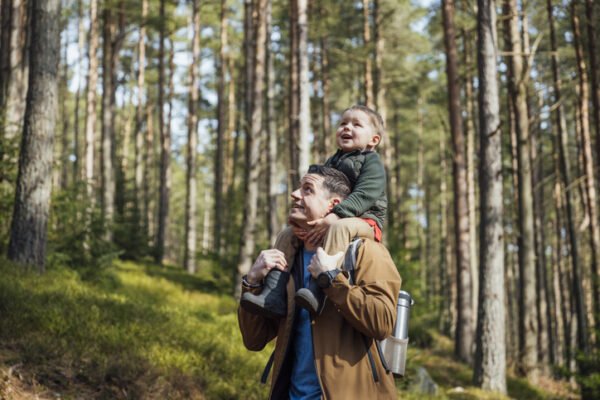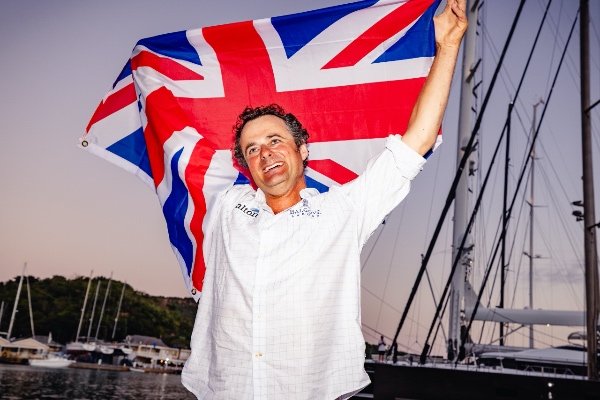The speed and intensity with which we’re destroying the natural world is continuing at pace because leaders are failing to deliver on their promises for nature and climate, putting unbearable strain on our planet and placing all life on Earth on the brink of catastrophe, according to WWF.
WWF’s flagship Living Planet Report, published today (13 October), shows that population sizes of global wildlife have plummeted by 69% on average since 1970.
If we considered humankind as a single population, that would be the equivalent of us losing everyone from Europe, the Americas, Africa, Oceania and China.
Losing the climate fight
This year’s report is the most comprehensive in its 24-year history and is based on data from ZSL’s Living Planet Index (LPI), which analyses almost 32,000 populations of 5,230 species – with more than 838 new species and just over 11,000 new populations added since the previous 2020 report.
It emphasises that without halting and then reversing this catastrophic loss of the natural world, our climate fight will be lost.
The report points to the consumption habits of wealthy countries and our reliance on fossil fuels as disproportionally driving nature loss.
Wildlife in the tropics
WWF is particularly concerned about data from tropical regions including the Caribbean and Latin America – home to the Amazon and one of the most biodiverse regions on Earth, which are seeing average wildlife population sizes plummet by 94% since 1970.
This staggering rate outstrips all other regions on Earth. Species seeing catastrophic loss include the Amazon pink river dolphin, which saw its population in the Mamirauá Sustainable Development Reserve in the Brazilian state of Amazonas plummet by 65% between 1994 and 2016.
WWF says that increased conservation and restoration action in these tropical regions is urgently needed but these efforts will not succeed unless world leaders, including the UK government, get nature and climate promises back on track.
But action needs to be taken everywhere, not just in the tropics.
Getting the UK back on track
According to the Biodiversity Intactness Index, the UK has only 50% of its biodiversity richness compared with historic levels, making us one of the most nature-depleted countries in the world.
Despite these harrowing statistics, there are huge gaps in the delivery of climate and nature promises from world leaders.
WWF warns that the UK government, elected on its ‘greenest ever manifesto’, must double down on delivering its climate and nature commitments, and embrace net zero solutions as the only route to economic, energy and food security.
At a time when the UK is grappling with a cost of living and energy crisis, a rapid shift to net-zero solutions, such as cost-effective renewable energy, would stimulate investment and get the economy back on track.
Such interventions will enable the UK to compete better on world markets, create many new jobs, slash emissions, make space for nature and build the resilience of the UK’s food and energy systems for future generations.
‘Despite the science, the catastrophic projections, the impassioned speeches and promises, the burning forests, submerged countries, record temperatures and displaced millions – world leaders continue to sit back and watch our world burn in front of our eyes.
‘The climate and nature crises, their fates entwined, are not some faraway threat our grandchildren will solve with still-to-be-discovered technology.
‘Across the world, and in the UK, nature is on its knees and our leaders are risking catastrophic consequences for people, planet and our economy by failing to act. We are hurtling towards a hotter planet where nature – and with it, our food, our homes and livelihoods – will be unable to survive without urgent action now to save our climate.
‘The world doesn’t have time to wait – and doing so would be the biggest possible betrayal of future generations.’
TANYA STEELE
Chief executive at WWF
Conservation and Indigenous Peoples
The Living Planet Report makes clear that delivering a nature-positive future will not be possible without recognising and respecting the rights, governance and conservation leadership of Indigenous Peoples and local communities around the world.
Speaking about land in her Indigenous community, Auricélia Arapiun, leader of CITA – Tapajós Arapiuns Indigenous Council in the Para state of the Brazilian Amazon, said she has had to fight for her children’s future.
 Play Video about This Rock Might Just Save The World
Play Video about This Rock Might Just Save The World Play Video about Play 2 hours of rock
Play Video about Play 2 hours of rock Play Video about Play 2 hours of brook
Play Video about Play 2 hours of brook Play Video about Play 2 hours of sheep
Play Video about Play 2 hours of sheep
